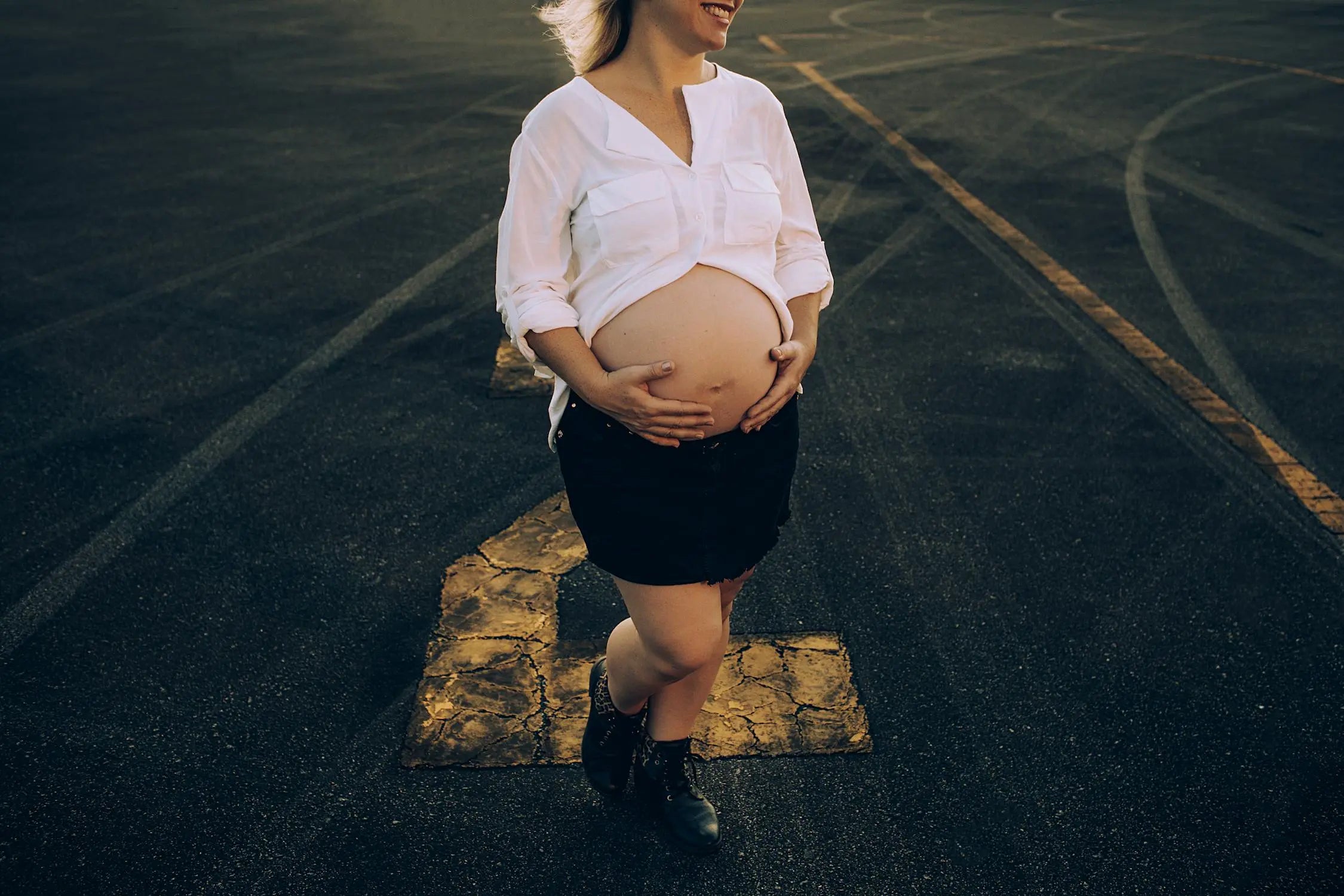Home
Pregnancy, Breastfeeding, and Pumping: The Ultimate Guide for Moms
How Many Days After Sex Positive Pregnancy Test: A Complete Guide

How Many Days After Sex Positive Pregnancy Test: A Complete Guide
Discovering whether you're pregnant can be an emotional and life-changing moment. One of the most common questions people ask is, 'How many days after sex can I get a positive pregnancy test?' The answer depends on several factors, including the type of test used, the timing of ovulation, and the sensitivity of the test. This guide will walk you through everything you need to know to understand the process and get accurate results.
The Science Behind Pregnancy Tests
Pregnancy tests work by detecting the presence of human chorionic gonadotropin (hCG), a hormone produced by the placenta after a fertilized egg attaches to the uterine lining. hCG levels rise rapidly in early pregnancy, doubling approximately every 48 to 72 hours. Most home pregnancy tests are designed to detect hCG in urine, while blood tests performed by healthcare providers can detect lower levels of the hormone.
When Does hCG Production Begin?
hCG production begins shortly after implantation, which typically occurs 6 to 12 days after ovulation. However, the exact timing can vary from person to person. If you have a regular menstrual cycle, ovulation usually occurs around the 14th day of your cycle. This means implantation could happen between days 20 and 26 of your cycle.
How Soon Can a Pregnancy Test Detect hCG?
The earliest you can get a positive pregnancy test depends on the sensitivity of the test and the concentration of hCG in your urine. Some highly sensitive tests can detect hCG levels as low as 10 mIU/mL, potentially yielding a positive result as early as 7 to 10 days after ovulation. However, for most people, waiting until the first day of a missed period provides the most accurate results.
Factors That Influence Test Accuracy
Several factors can affect the accuracy of a pregnancy test, including:
- Timing of Ovulation: If ovulation occurs later than expected, implantation and hCG production may also be delayed.
- Test Sensitivity: Tests with higher sensitivity can detect lower levels of hCG earlier in pregnancy.
- Urine Concentration: Using first-morning urine, which is more concentrated, can increase the likelihood of detecting hCG.
- Medications: Certain medications, such as fertility drugs containing hCG, can lead to false positives.
What If the Test Is Negative but You Still Suspect Pregnancy?
If you receive a negative result but still suspect you might be pregnant, consider waiting a few days and retesting. hCG levels increase rapidly in early pregnancy, so a test taken a few days later may yield a positive result. Additionally, consult a healthcare provider for a blood test, which can detect lower levels of hCG and provide more definitive results.
Tips for Accurate Testing
To ensure the most accurate results, follow these tips:
- Read the instructions carefully and follow them precisely.
- Use first-morning urine for the highest concentration of hCG.
- Check the expiration date of the test to ensure it's still effective.
- Avoid drinking excessive fluids before testing, as this can dilute hCG levels.
Emotional Considerations
Waiting to take a pregnancy test can be an anxious time. It's important to manage stress and seek support from loved ones or a healthcare provider. Remember that whether the result is positive or negative, you're not alone, and there are resources available to help you navigate the next steps.
Understanding how many days after sex you can get a positive pregnancy test is essential for accurate results and peace of mind. By knowing the science behind pregnancy tests, the factors that influence accuracy, and tips for testing, you can approach this important moment with confidence. Whether you're hoping for a positive result or preparing for the next steps, knowledge is your greatest ally.
Share

